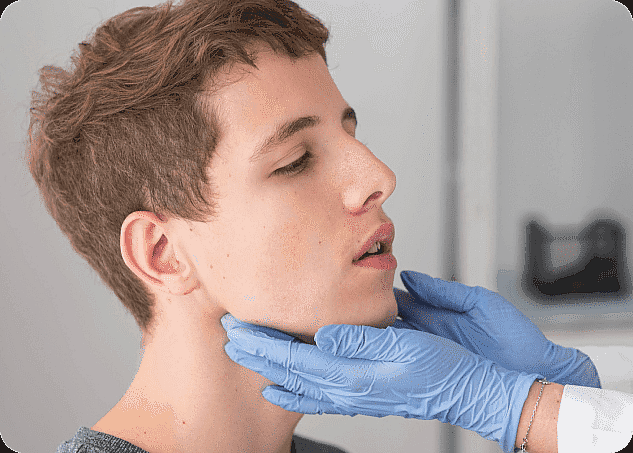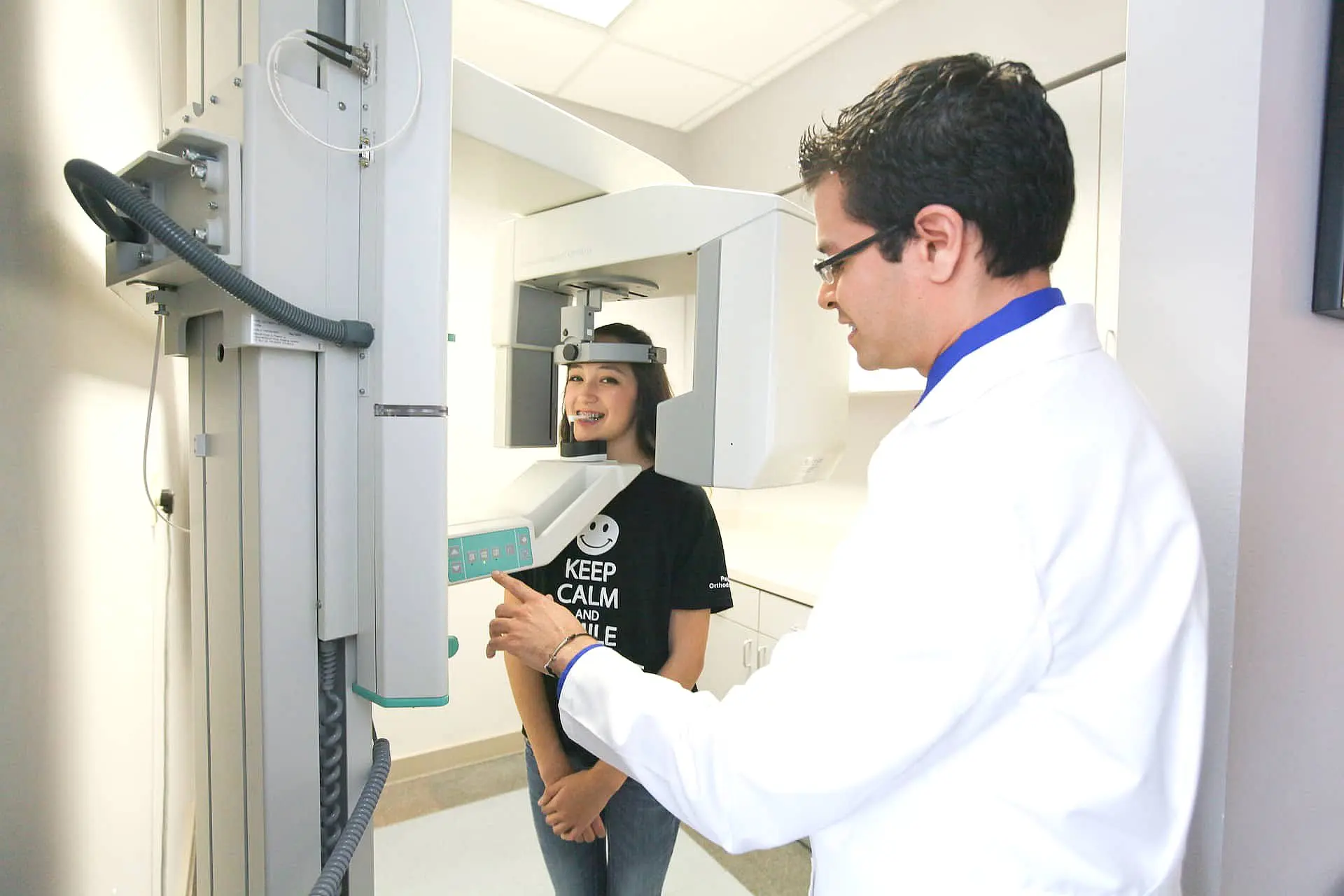Jaw Surgery in Kingwood TX : A Comprehensive Guide
Introduction to Jaw Surgery Orthodontics
What is Jaw Surgery?
Purpose of Jaw Surgery
Jaw surgery tackles both practical issues and cosmetic concerns for those with jaw abnormalities. It frequently serves as an essential step fixing one’s bite.


Enhancing appearance and Function
Importance of Jaw Surgery in Improving Oral Health and Facial Aesthetics
The role of jaw surgery in oral health
When the jaw is out of alignment, it can interfere with everyday activities. Jaw surgery addresses:
The role of jaw surgery in facial aesthetics
A well-aligned jaw plays a crucial role in maintaining facial symmetry and profile aesthetics. Through the correction of structural concerns, jaw surgery can accomplish:
Common Conditions Requiring Jaw Surgery

Malocclusion Correction with Jaw Surgery
Malocclusion, often referred to as a “bad bite” can arise when the upper and lower jaws are not properly aligned, leading to difficulties in both function and aesthetics. Often these issues can be addressed with braces alone for growing children, however, for adults, jaw surgery may be the only option.
Types of malocclusion
Addressing these concerns enhances chewing, speech, and facial balance, while also helping to avoid long-term oral health problems such as gum disease and uneven tooth erosion.
Treatment methods
Severe malocclusion is treated through:
Enhancing Facial Aesthetics through Jaw Surgery
Jaw surgery enhances both function and facial appearance. By adjusting jaw alignment, it creates a more balanced and harmonious look.
Benefits for aesthetics:
By making careful modifications, jaw surgery achieves structural balance while tackling health issues.



Preparing for Jaw Surgery
Preparation plays a vital role in achieving the best outcomes. Patients usually participate in pre-surgical assessments, which can involve orthodontic procedures or imaging tests. The process includes:
Consultation with an Orthodontist
Your orthodontist will determine if surgery is required and if it is the right time. At Paige Orthodontics, Dr. Paige does his best to avoid surgery and pulling teeth by addressing bone issues while the patient is still growing and looking for alternative to surgery
Surgery
After braces about 1/2 of your braces treatment with your orthodontist has been completed you will get your surgery completed. This will often be done in a hospital operating room.
Final Orthodontics
After your surgery you will have a time of healing as well as completion of your orthodontic work to complete your smile.

Recovery and Aftercare
Recovery and aftercare play crucial roles in the healing journey. Here is an overview of the primary aspects that contribute to an effective recovery process.
Post-operative pain management
Medication
Your doctor may prescribe medications such as over-the-counter pain relievers. Always take medications as directed.
Pain relief techniques
Icing can help reduce inflammation/swelling and so reduce the amount of pain experienced.

Dietary restrictions and oral hygiene
Dietary restrictions
Based on the type of surgery performed, you might be required to adhere to a soft or liquid diet. It’s essential to follow your healthcare provider’s recommendations.
Oral hygiene
Maintaining cleanliness is essential to avoid infections and cavities. Be gentle while brushing/irrigating and adhere to any specific guidelines given by your surgeon.

Follow-up appointments
What to expect
During consultations, the surgical area will be evaluated, pain considered, and healing evaluated to monitor progress. These appointments are essential for ensuring a swift and effective recovery.

Rehabilitation Exercises
Rehabilitation exercises
Basic exercises you can do at home, recommended by your doctor or therapist, assist in gradually rebuilding strength and flexibility.

Risks and Complications of Jaw Surgery
As with any surgical procedure, jaw surgery comes with its own set of risks and potential complications. Although many of these risks can be effectively managed, understanding them allows patients to take appropriate precautions and make well-informed choices.

Rehabilitation exercises
Potential risks may involve mild discomfort, swelling, or bleeding, alongside more severe issues like infection, nerve injury, and rarely adverse bite change. These complications can stem from various factors, including existing health conditions, or unfavorable healing.
To reduce these risks, it’s crucial to engage in an in-depth conversation with your surgeon. Being informed about the procedure, possible complications, and aftercare can lead to a more successful recovery and decrease the chances of negative outcomes.
Conclusion
Jaw surgery, also known as orthognathic surgery, is crucial for fixing irregularities in the jaw and face, improving appearance and function. While jaw surgery is an effective solution to misaligned jaws and bone problems, Dr. Paige tries his best to solve jaw misalignments without surgery. In growing children, the jaws can often be guided to grow in the correct size and shape. For adults, teeth can sometimes be move in order to make up for differences in the jaws. In some cases teeth can be pulled to fix the bite instead of surgery. If surgery is required, then it is best to do so in patients that are not growing so that the results are stable.

Importance of jaw surgery

Alternatives to jaw surgery
Take Action
FAQ
What makes jaw surgery worth it?
Corrective jaw surgery can correct chewing, speaking, and breathing issues, in addition to boosting one’s appearance and self-esteem. While surgery can produce great results, it is costly and the healing period can be challenging. That is why Dr. Paige at Paige Orthodontics in Kingwood gives free exams to children at age 7 so that bone and tooth development can be guided while children are growing, making surgery unnecessary. For adults, Dr. Paige does his best to move alone to correct the bite instead of performing surgery. Braces alone can correct the bite issues and in some cases pulling teeth can help the process even when patients have been told by others that surgery is the only path forward.
First consultation – what to ask?
During your initial consultation at Paige Orthodontics in Kingwood, you can ask to Dr. Sebastian Paige all the available treatment options, expected timelines, and anticipated outcomes. Discuss costs, payment plans, and any potential challenges you may encounter during treatment. This meeting clarifies the process and ensures you comprehend your care plan while addressing any of your concerns. Whoever you see for your surgery case, be sure to check the number and rating on their google reviews to determine if many patients are happy with their care. Also check when the office is open for patient appointments to make sure their schedule works with theirs and that they are in network with your insurance. Determine if you can contact the doctor during evenings and weekends if you have an emergency.
Will you need follow-up care after corrective jaw surgery?
After surgery, you will typically need to continue your braces treatment to finalize your smile and bite.

